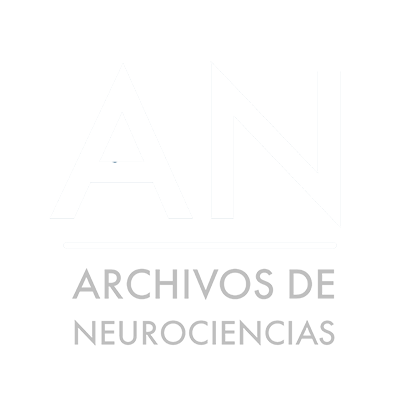Autism the neuroinmulogy
DOI:
https://doi.org/10.31157/an.v20i1.71Keywords:
autisms, neuroimmunology, immunity, cytokines.Abstract
Autism is a group of disorders characterized by developmental deficits, severe, permanent and profound; in which directly affected the social interaction, communication, planning, imagination and emotional reciprocity. Among the mechanisms involved in its development has been proposed to be impaired and/or dysfunction of neurotransmitter systems. It is estimated that a quarter of patients with autism also suffer from seizures, previously we described the impact of the immune system during seizures; also in autism have shown alterations in both innate and adaptive immunity; there is a deregulation in some proinflammatory cytokines (IL -6, TGF-ß, MIF and IL-17); involvement of different immune cells in both the nervous system and the periphery (microglia, astrocytes, NK cells and T lymphocytes). In addition the immune system, other mechanisms seem to be involved in this pathology, as some genetic factors involved in synaptic pruning during neurodevelopmental however, is still unknown how these factors for the development of autism interact.Downloads
Published
How to Cite
Issue
Section
License
Copyright (c) 2015 Instituto Nacional de Neurología y Neurocirugía Manuel Velasco Suárez

This work is licensed under a Creative Commons Attribution 4.0 International License.
September 2022-present © Instituto Nacional de Neurología y Neurocirugía Manuel Velasco Suárez. Open access articles under the terms of the Creative Commons Attribution-NonCommercial 4.0 International (CC BY-NC 4.0) license, which permits use, distribution and reproduction in any medium, provided the original work is properly cited. No commercial re-use is allowed.
January-September 2022 © The authors. Open access articles under the terms of the Creative Commons Attribution-NonCommercial 4.0 International (CC BY-NC 4.0) license, which permits use, distribution and reproduction in any medium, provided the original work is properly cited. No commercial re-use is allowed.
January 2014-December 2021 © Instituto Nacional de Neurología y Neurocirugía Manuel Velasco Suárez. Open access articles under the terms of the Creative Commons Attribution 4.0 International (CC BY 4.0) license, which permits use, distribution and reproduction in any medium, provided the original work is properly cited.




